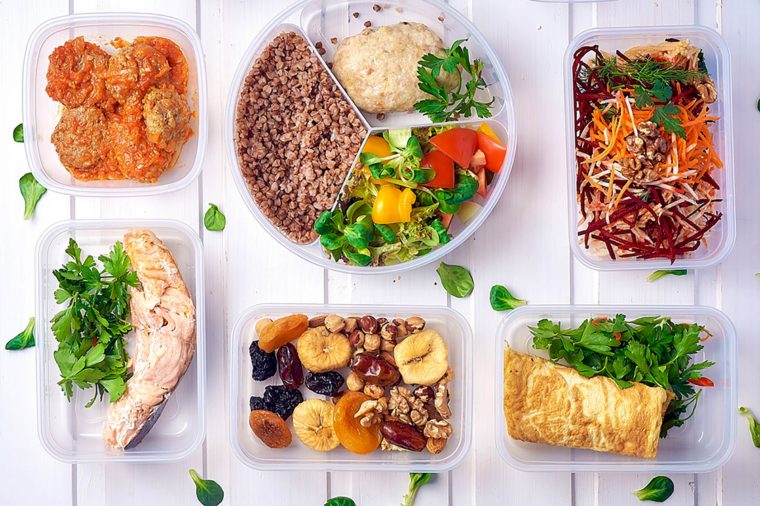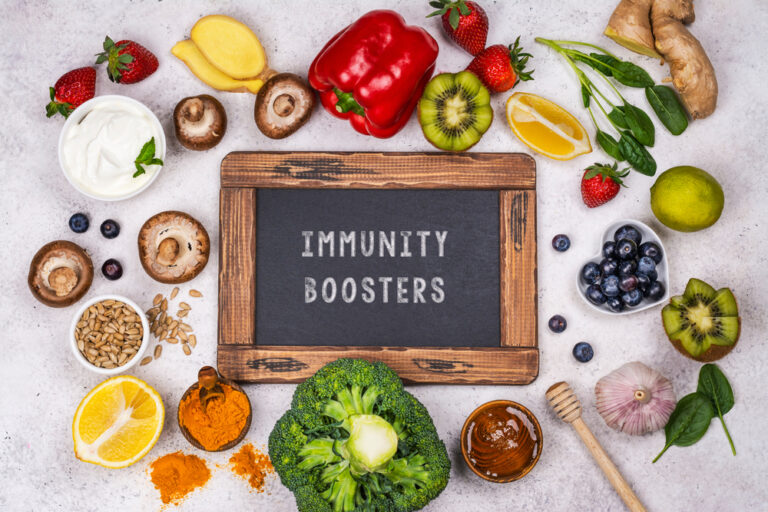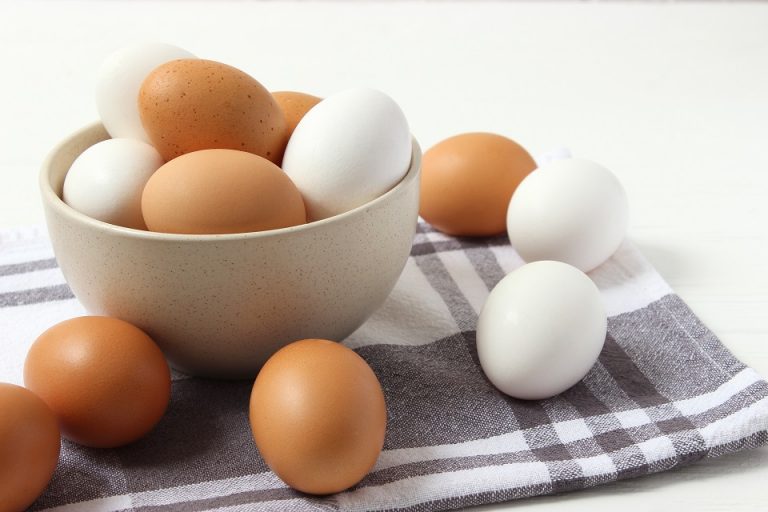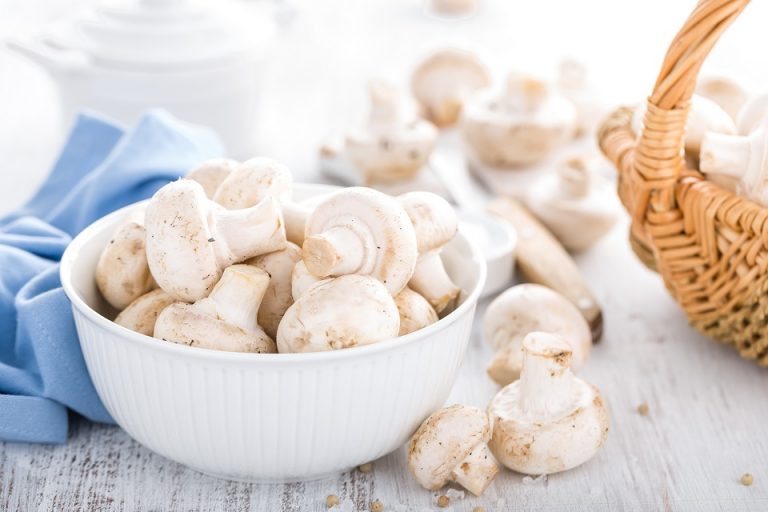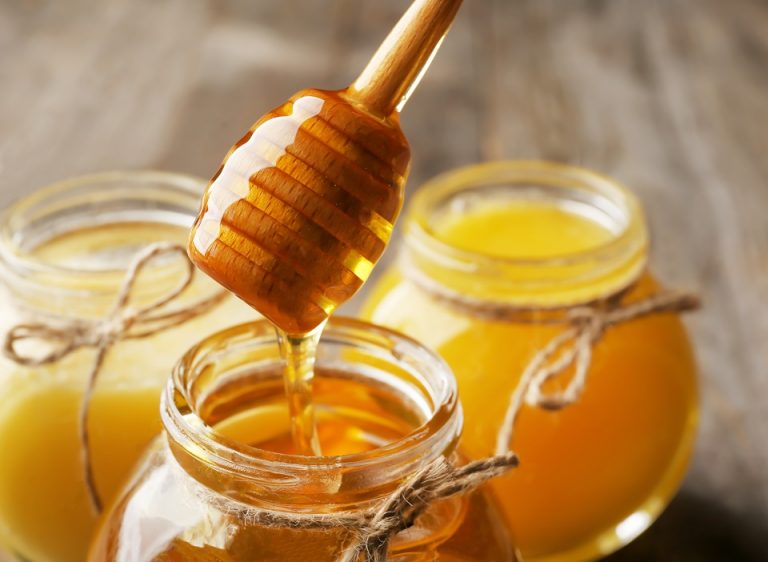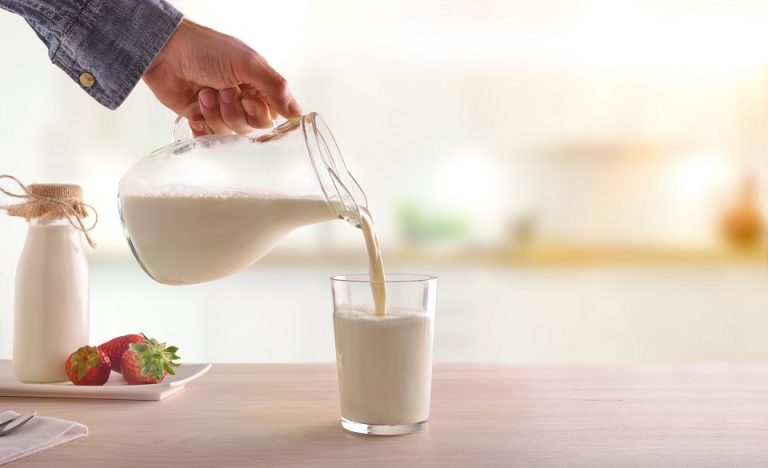
1. Leafy Green Vegetables
Kale, collard greens, spinach, any leafy green veggies can promote heart health. Because they pack a wide range of minerals, antioxidants, and vitamins, leafy green vegetables should actually be part of any healthy diet.
Their heart-friendly power comes from vitamin K, which can protect your arteries while supporting proper blood clotting. On top of that, leafy green vegetables are excellent sources of dietary nitrates, which have been shown to improve blood pressure numbers, minimize arterial stiffness, and boost cell lining function.
In fact, some studies suggest that leafy green veggies may lower the risk of developing heart-related conditions. Regular leafy green consumption could translate to a 16 percent lower incidence of heart disease.
Another study involving 29,689 women (of all ages) found that a high leafy green vegetable intake could lower the risk of developing coronary heart disease.
RELATED: 12 Foods to Lower Your High Blood Pressure Naturally
No matter if you’re dealing with a heart-related condition or not, try to consume leafy green vegetables as often as you can.
2. Whole Grains
The three main components of whole grains are bran, germ, and endosperm, and the most bought whole-grain types are brown rice, quinoa, rye, oats, whole wheat, buckwheat, and barley. (See?! A variety to choose from!)
It’s always best to consume whole grains rather than refined ones. Refined grains are processed, meaning that they are stripped of certain nutrients that may benefit your health. Reducing LDL cholesterol (bad cholesterol) and minimizing the risk of developing heart disease are just two of the most impressive effects whole grains have on our health.
Countless studies found that consuming whole grains on a regular basis can boost your heart health in various ways. As a matter of fact, a higher whole grain consumption translates to a 22 percent lower risk of heart disease.
On the same note, another study found that eating whole grains regularly can minimize systolic blood pressure by 6 mmHg, which is more than enough to decrease stroke risk by approximately 25 percent.
However, equally important is the purchase of whole grains itself. If you see words like ‘multigrain’ or ‘wheat flour’ on the label, don’t buy that product—it may not be 100% whole-grain. Look for words like ‘whole wheat’ or ‘whole grain.’




